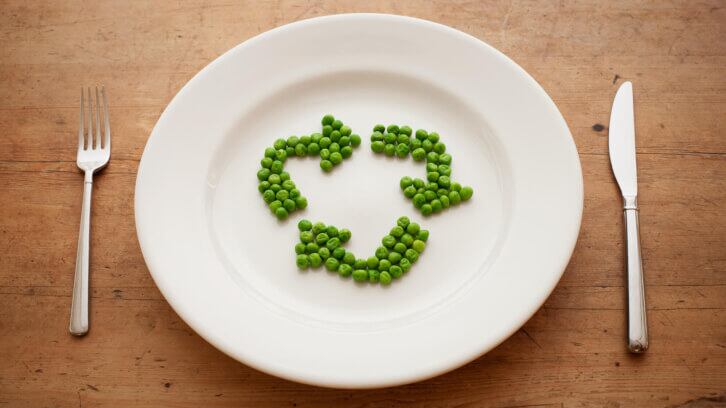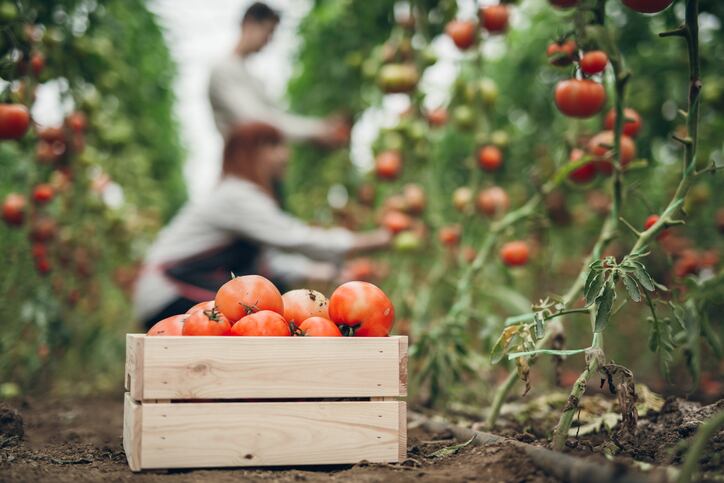Speaking with Mariko Kubo, head of global regulatory at Leatherhead Food Research, she explained that dealing with compliance has been a longstanding challenge. However, she also acknowledged that the pace of regulatory change has recently reached “a whole new level”.
In particular, Kubo said its members have been struggling with sustainable packaging labelling requirements.
“This encompasses everything from green claims and green labelling schemes to the provision of information about packaging, such as whether it contains recycled content or if it’s recyclable or reusable. Regulatory authorities are becoming more stringent and demanding on these matters,” she added.
“Increased divergence between markets has led several to abandon, or consider abandoning, multilingual packaging which brings significant implications for cost and efficiency.”
The Greens Claim predicament
Specifically, she stressed green claims as an area to watch closely: “They are subject to a very high level of regulatory scrutiny, and accusations of greenwashing can cause great harm to brand reputation. Regular label assessments rooted in up-to-date regulatory knowledge are essential to ensure compliance is maintained. Regulatory reviews of new product concepts and of claims made about new or existing products also facilitate a robust stance on compliance.”
The proposed Green Claims Directive is expected to come into force this year and may shape future developments in the UK and other markets.
“It sets out strict new criteria for the substantiation and communication of voluntary environmental claims, including the need for pre-market verification,” continued Kubo. “Measures like this could go a long way towards raising the bar on sustainability and reinforcing consumer trust.
“In a recent consumer survey, we discovered that 43% of UK adults are sceptical of green claims made by food and beverage companies. However, 39% said they would trust green claims more if they were checked by an independent party.”
Is regulation fit-for-purpose?
From a manufacturing perspective, Raynor Foods’ innovation and technical director Tom Hollands, confirmed the pressure felt by mounting regulation, whilst flagging his disappointment in its current areas of focus.
“It seems there is to be no let-up in regulation in 2024, but unfortunately not in areas where it is desperately needed, such as reporting on food waste or controls on carbon labelling,” he told Food Manufacture.
Indeed, as his colleague Chris White (marketing and communications manager) told Food Manufacture: “While nutritional information has the regulated traffic light system, carbon labelling continues to go unregulated with a wide array of different schemes competing for attention.”
He continued: “There are no plans for mandatory Co2e labelling of food and drink products in 2024, however food producers could explore the Carbon Daily Allowance (CDA) approach.
“A CDA-based standard help consumers to assess the proportion of the carbon embedded with the food stuff against their CDA. Additionally, a reliable, real-world benchmark would ignite competition between manufacturers to drive down emissions.”
A push for better green compliance
Although associations in the food and drink sector do well to help the industry navigate change, it’s clear that further levels of collaboration are needed from manufacturer to manufacturer when it comes to certain areas like green compliance.
Fortunately, Hollands predicts this will start to happen more in 2024, as companies begin to realise that no one entity can do this alone.
He added that the growing awareness around the Green Code and stream of media stories on non-compliance across industries is helping to push this to some degree, but stressed that “only sensible regulation” will be able to drive all producers to ensure their claims are “supported by a solid evidential base”.
Managing compliance
While there’s no simple solution to managing regulation, there are a few things that can ease the process of adapting to new requirements.
Kubo suggests regular monitoring and careful management.
“Regulatory horizon scanning is an important aspect of this, enabling a proactive and considered response to change. For instance, some discrepancies between UK and EU regulations are simply due to temporary misalignment rather than lasting divergence. Obtaining expert insight can provide better clarity and facilitate a more streamlined regulatory strategy.”
Meanwhile, ERP experts Aptean say there’s refuge in well-implemented software.
“Compliance is a key part of every food and beverage business, but Aptean’s latest research found that 30% of UK and Ireland companies had completely or mostly manual compliance processes, with only 12% having fully automated their compliance procedures,” explained Joris Kolff, value creation leader – food and beverage at Aptean.
Industry-specific solutions such as Aptean’s purpose-built ERP are designed to help food and beverage companies to take control of areas such as compliance by collating data into one system.





